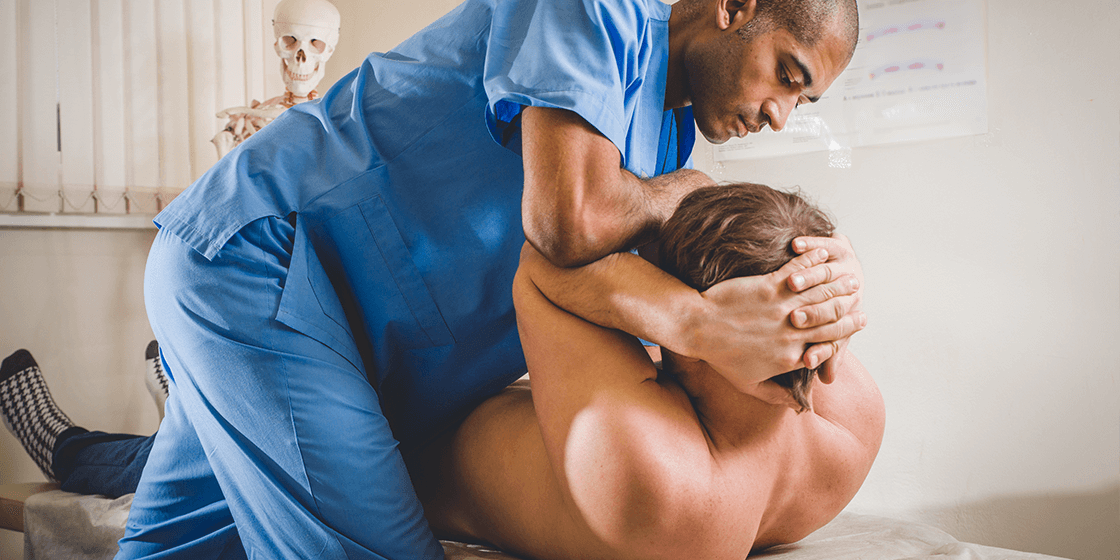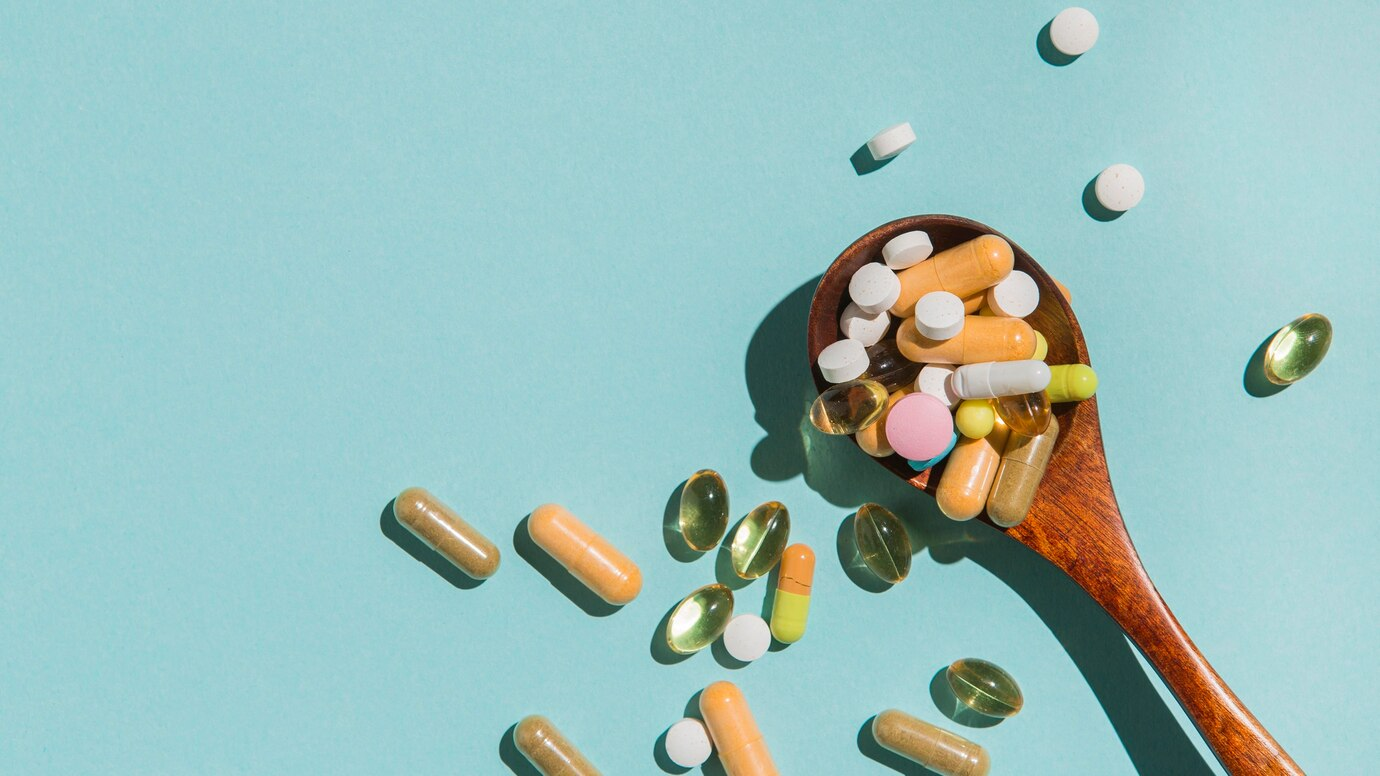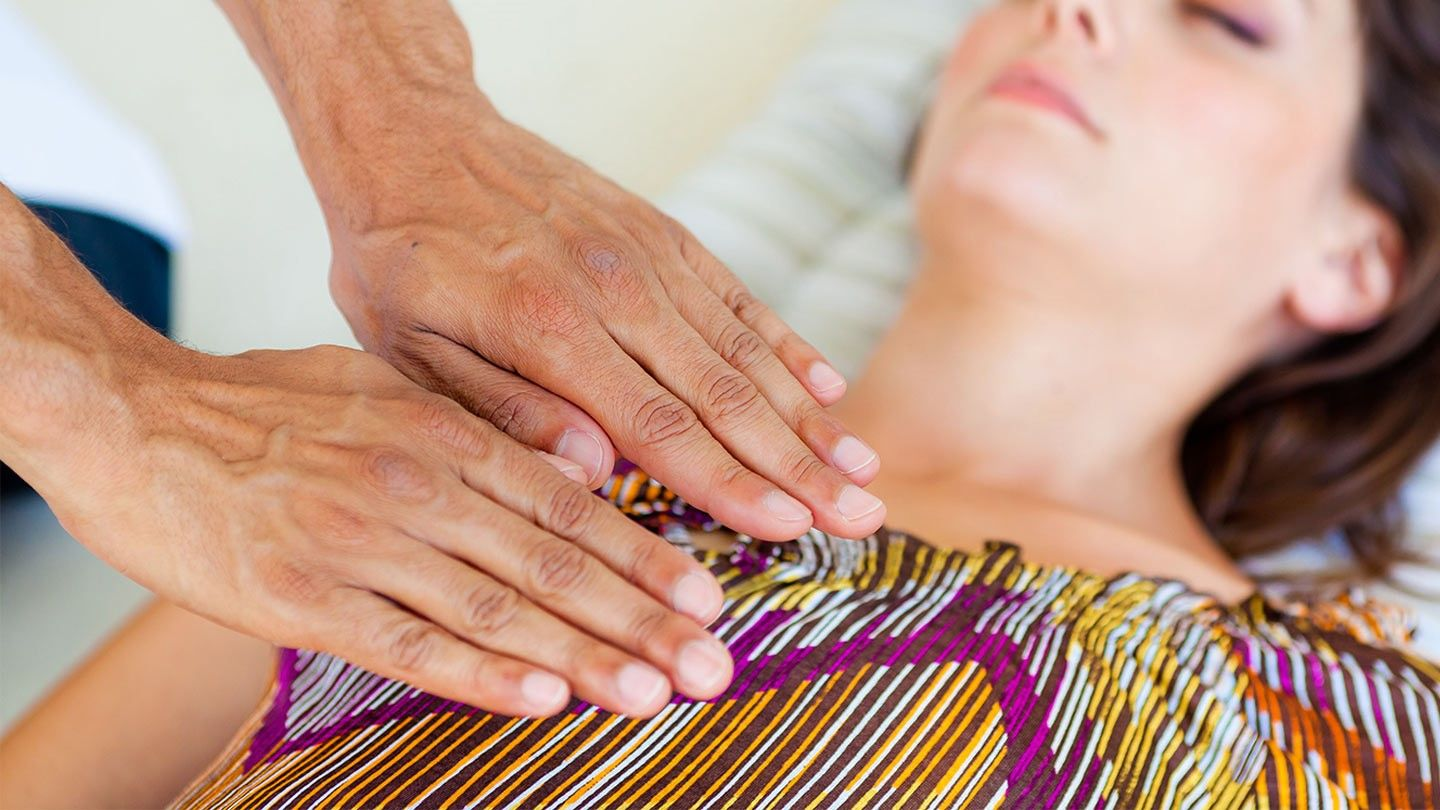Discover Your Perfect Healer Today!
Our online practitioner directory connects you with a wide range of healers to suit your unique needs.
Easily search and find the right professional to support your wellness journey.
Start exploring today to find your perfect match.
Modality
Disease
Books
Products
Events
Training
Blogs
Chiropractor
Comprehensive Guide to Chiropractic Care and Its Benefits
Chiropractors specialize in the diagnosis and management of injuries and disorders of the musculoskeletal system with an emphasis on the spinal area. Anyone who contemplates ...
Read More → Written by
James Williams
Massage therapy
Massage Therapy: How It’s Practiced Globally Across Cultures
Nourished through deep culturally-based roots around the world, unique methods and philosophies characterize massage therapy from region to region and all the differently realigned fruits ...
Read More → Written by
James Williams
Carnial Sacral Therapy
Integrating Cranial Sacral Therapy with Other Therapies
Providing constructs of Cranial Sacral Therapy (CST) with regular as well as complementary therapies gives a more comprehensive method of treatment. Since CST specifically targets ...
Read More → Written by
David Brown
Functional Medicine
Functional Medicine for Personal Growth: Transforming Your Life Holistically
Functional medicine approaches a patient as a whole in addressing the underlying causes of some complex conditions and factors such as deficiency-generating inflammation, leaky gut ...
Read More → Written by
David Brown
Reiki Healers
Debunking Common Myths and Misunderstandings of Reiki Healing
Reiki healing, the energy therapy method has been gaining popularity in today’s world. But, as with many alternative therapies, there are negative features like stereotypes ...
Read More → Written by
John Smith
Lyme Disease
Chronic Lyme Disease: Symptoms, Effects, and Management Strategies
Explore Our Online Practitioner Directory Now. Chronic Lyme Disease Symptoms, Effects, and Management Strategies Chronic Lyme disease and PTLDS are described as the symptoms that ...
Read More → Written by
Web Master





